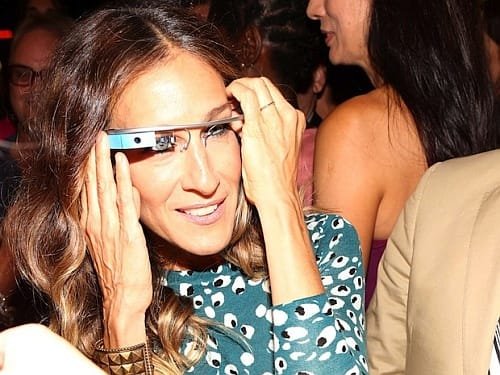Google Glass Returns with AI-Powered Android XR Smart Glasses

▼ Summary
– Maggie Stamets is a Podcast Producer for TechCrunch and is based in Denver, Colorado.
– She previously worked as the Brand and Content Manager for BUILT BY GIRLS.
– Her role at BUILT BY GIRLS sparked her interest in tech and passion for equitable professional spaces.
– She holds a bachelor’s degree in Journalism with a minor in English from Hofstra University.
– Hofstra University is located in New York.
Google is reviving its smart glasses initiative with a fresh approach, integrating cutting-edge AI capabilities into new Android XR eyewear. This marks a significant evolution from the original Google Glass, blending augmented reality with powerful artificial intelligence to create a more intuitive wearable experience. The tech giant appears determined to overcome past challenges by focusing on practical applications and seamless user interaction.
The upcoming device builds upon years of research and development, incorporating feedback from earlier iterations. Unlike the limited functionality of previous models, these glasses promise deeper integration with Android’s extended reality ecosystem. Early reports suggest the hardware will feature advanced sensors, improved display technology, and AI-driven contextual awareness that adapts to users’ environments in real time.
Industry analysts note this move aligns with growing demand for hands-free computing solutions across professional and consumer markets. From navigation assistance to real-time language translation, the potential applications span numerous industries. The glasses are expected to leverage Google’s machine learning expertise to deliver personalized information without overwhelming the wearer.
Privacy concerns that plagued earlier versions haven’t been ignored. Google reportedly implemented multiple safeguards, including physical indicators when recording and stricter data handling protocols. The company seems committed to addressing past criticisms while pushing forward with innovative functionality.
Developers are particularly excited about the Android XR platform’s potential. The open framework could spur creative third-party applications, transforming how people interact with digital information in physical spaces. While pricing and availability details remain undisclosed, the tech community eagerly awaits further announcements about this ambitious reboot of wearable technology.
(Source: TechCrunch)





